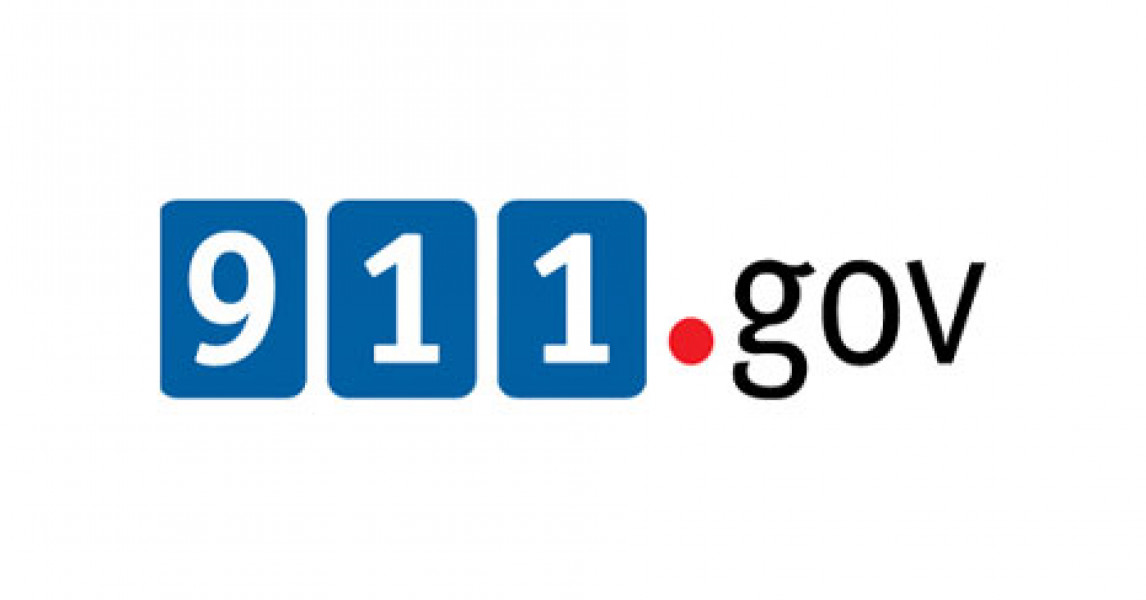I hope this belongs here, if not the mods can feel free to move it.
Ok, I'm a millennial, I have to admit, never had the need to dial 911. What is the order of information one should provide to the call taker, i.e. name, location, describe situation? Any additional details to provide? Is this different for each type of emergency situation? Can you give examples for various situations? Thanks
Ok, I'm a millennial, I have to admit, never had the need to dial 911. What is the order of information one should provide to the call taker, i.e. name, location, describe situation? Any additional details to provide? Is this different for each type of emergency situation? Can you give examples for various situations? Thanks



